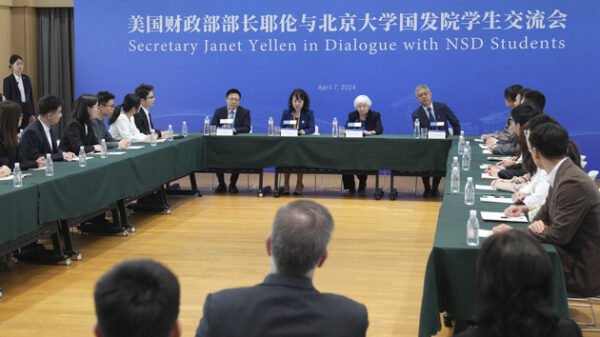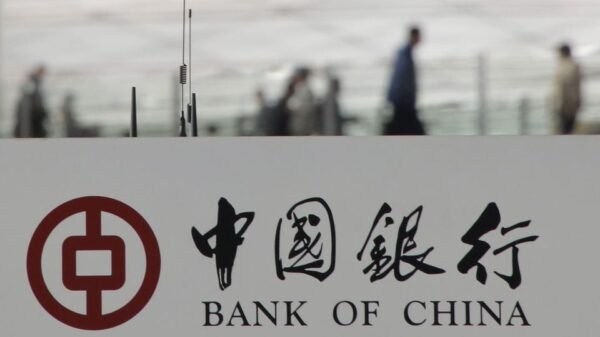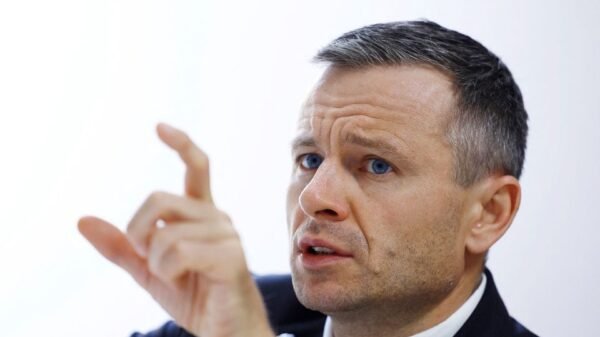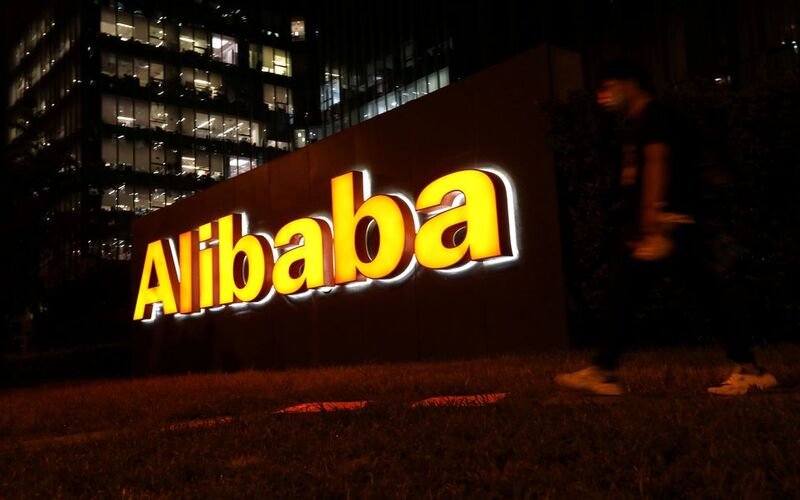According to an internal letter that Reuters accessed, the newly appointed CEO of Alibaba Group, Eddie Wu, has informed employees that “user first” and “AI-driven” would be the company’s two primary strategic goals moving ahead for the internet behemoth.
Wu, who issued the letter on Tuesday, his third day in the top position, also stated that Alibaba will concentrate on elevating young people, notably noting those born after 1985, to become the foundation of its business management teams over the next four years. This announcement was made by Wu on Tuesday, his third day in the top job.
According to him, this would assist the organization to avoid being “stuck in our old ways” and help preserve a “start-up mindset.”
The newly appointed CEO of Alibaba Group, who was also one of the company’s founders and a long-time lieutenant of the company’s previous head, Jack Ma, is outlining his strategic goals at a crucial time for the company, which is amid the most extensive organizational reorganization in its 24-year existence.
Later on Sunday night, Alibaba announced that Wu will also take over as CEO of the company’s cloud computing division, succeeding Daniel Zhang.
Many people were taken aback by the revelation, especially considering that Zhang had announced in June that he would resign as CEO of Alibaba Group to concentrate on the cloud business, which is working toward having an initial public offering by May 2024.
One of the five divisions that Alibaba will be spinning off as part of its reorganization is the Cloud Intelligence Group, estimated to be worth between $41 and $60 billion this year.
The Tongyi Qianwen generative artificial intelligence model is housed under Alibaba’s cloud division, the company’s second-biggest income stream after the company’s domestic e-commerce operations.
In the letter, Wu predicted that during the next decade, the disruptions brought about by AI across all industries would be the most major change agent.
If we do not adapt quickly enough to the changes that the age of AI brings, we shall be rendered obsolete.
In its financial report for the first quarter, released a month ago, Alibaba surpassed the expectations of industry analysts. However, the company’s comeback from a two-year regulatory crackdown has been hindered by the combination of problems of increasing competition and a weakening Chinese economy.
Economic challenges have helped push more domestic e-commerce users to low-cost platforms, such as PDD Holdings (PDD.O) Pinduoduo and ByteDance’s Douyin, the Chinese counterpart of TikTok. This has prompted Alibaba’s domestic e-commerce arm to concentrate on value-for-money categories. PDD Holdings (PDD.O) Pinduoduo and ByteDance’s Douyin are both examples.
Analysts estimate that the cloud unit is China’s biggest cloud provider, with a market share of 34%, placing it ahead of Huawei Technologies [RIC:RIC: HWT.UL], Tencent Holdings (0700. HK), and Baidu (9888. HK). The cloud unit recorded revenue growth of 4% for the quarter, which was the weakest among the group’s six business units. However, the cloud unit’s revenue growth was the smallest among the group’s six business units.
































































Comment Template